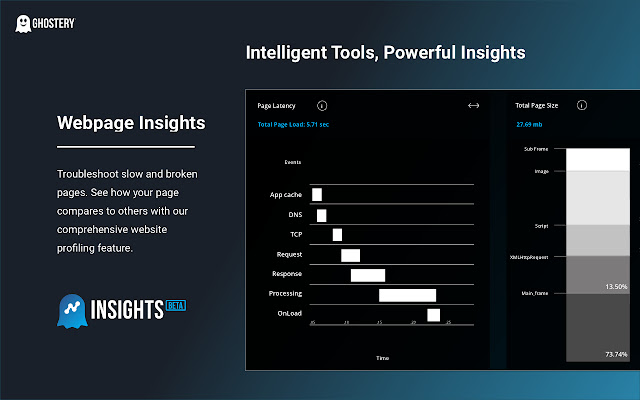
There’s something about prop trading that feels like stepping into an arena with nothing but your wits, your charts, and your risk appetite. In crypto, the stakes are higher, the moves are faster, and the margin for error is razor-thin. Every tick can be the difference between hitting profit targets or facing that dreaded “challenge failed” email. So when numbers start flying and the candles keep painting, the real question becomes—what indicators can give you that extra edge in a prop trading challenge?
Prop trading challenges aren’t casual test runs. They’re performance trials—prove you can trade profitably within strict rules, and you get funded. In crypto, where volatility can swing 5% in a few minutes, the wrong indicator or too much lag can mean lights out. Over the years, traders have gravitated toward a handful of tools that consistently show their worth:
Whether its the 50 EMA or the 200 SMA, moving averages remain one of the most trusted indicators in high-pressure situations. They smooth out noise and give a clear view of macro direction. In crypto prop challenges, where timeframes often shrink to the 1H or 15M charts, EMAs are favored—they react faster, giving you quicker confirmation on reversals.
Think of EMAs as the GPS in a rally car race: quick recalculations, fewer detours.
Managing drawdown is often a key rule in challenges. RSI helps avoid entering overheated markets. Crypto’s sudden surges make it easy to get trapped in “overbought” euphoria or “oversold” panic. A disciplined RSI rule—only entering positions when it’s between 30 and 70—keeps traders away from emotional overtrading.
Price tells you what’s happening; volume tells you why. In prop trading, hooking into the volume profile helps identify zones where institutional orders (or whales) have stacked liquidity. In Bitcoin, these clusters can act like brick walls—either holding price or shoving it in your favor. Reliance on price action alone is like driving without noticing the traffic—I’ve seen traders lose challenges because they ignored volume completely.
Lagging indicators make you late; prop challenges reward those who react in real time. Watching for market structure breaks—higher highs and higher lows flipping into the opposite—can give entries and exits without waiting for confirmation signals that arrive too late in crypto’s speed game.
Forex moves are steadier, with fewer explosive breakouts. Stocks move on earnings or news but rarely match the 24/7 chaos of Bitcoin or ETH. Crypto’s constant availability makes time-based indicators slightly less relevant; it’s about liquidity zones, momentum surges, and quick reversal alerts. When I tested RSI + EMA strategies on forex, the win rate was consistent but less dramatic. On ETH, combining RSI constraints with EMA crossovers caught 8% swings that would’ve been invisible on slower assets.
The skills honed in a crypto challenge—fast analysis, adapting to sudden market shifts—translate seamlessly into forex, indices, commodities, even options. Many funded traders use crypto to keep sharp during quiet periods in stock indexes. The advantage lies in tempo: once you’ve survived a month-long crypto challenge, slower markets feel like trading in slow motion.
The rise of DeFi has added layers to prop trading. On-chain data, smart contract execution speeds, and decentralized exchanges mean traders can tap into information missed by centralized platforms. But decentralization also means less protection—slippage, front-running bots, and unregulated liquidity pools can wreck a strategy overnight. Survival demands precision plus adaptability—exactly what prop challenges try to weed out in applicants.
AI trading models integrated with smart contracts are already automating split-second decisions in DeFi markets. Imagine an AI bot that auto-adjusts leverage mid-trade to preserve drawdown and still meet challenge profit targets. That’s not science fiction anymore—it’s slowly creeping into prop firm strategies, and early adopters will own the leaderboard.
Prop challenges are pressure cookers; the right indicators don’t guarantee success, but they drastically cut your margin of error. Slogan for the grind: “Read the market, test the edge, keep it clean—every tick counts.” Treat every setup like it’s the one that decides your funding outcome. Crypto rewards traders who can think like a scalper and execute like a swing trader. The challenge isn’t just beating the market—it’s proving you can do it under rules.
Your All in One Trading APP PFD